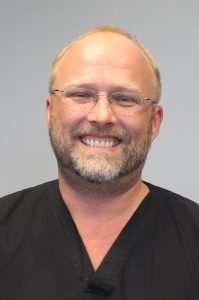The Nobel Prize for medicine has been awarded to three doctors for their work relating to the immune system, including Dr. Ralph M. Steinman, who discovered dendritic cells and the role they play.
A few months ago we reported on the work of Dr. Louis Sloan of North Texas Infectious Disease Consultants at Baylor Hospital in Dallas, and the use of dendritic cells to treat HIV.
Steinman, who died last week, discovered dendritic cells in 1973. Why did it take so long to recognize this discovery? Probably because the work of Sloan and others proving the value of the discovery is so new.
Steinman, who had pancreatic cancer, had prolonged his own life with a treatment similar to that being tried by Sloan to treat HIV.
Sloan explained that dendritic cells are taken from a patient, boosted and re-injected. The dendritic cells then cause the T-cells to fight HIV. Similar treatment has been done successfully at Baylor to treat melanoma.
Sloan conducted a recent study to treat people with HIV using dendritic cells. The Phase 1 trial lasted a year to test the safety of the approach. All of the 19 participants were able to go off HIV medication during the trial.
Bryan King, director of clinical research for NTIDC, said, “We just completed the last blood draw for our last patient. She’s going to be our rock star.”
He said that many of the trial participants are doing exceptionally well.
“We’re thinking of giving booster injections to the Phase 1 people,” he said.
Sloan is writing his paper on the trial that will be presented within the next year. Phase 2 of the trial will involve more patients and will begin in about a year, but King said he isn’t ready to start recruiting. That won’t happen probably until next fall.
However, he did say that he has another trial for people who are HIV positive but not on medications. Other clinical trials can be found on the Clinical Trials website.














During this time of heightened awareness for pancreatic cancer, clinical trials may be our best chance of finding a cure. For those who may not be candidates for this specific trial, other options can be found at https://www.pancreaticcancer-clinicaltrials.com. Let’s find a cure.